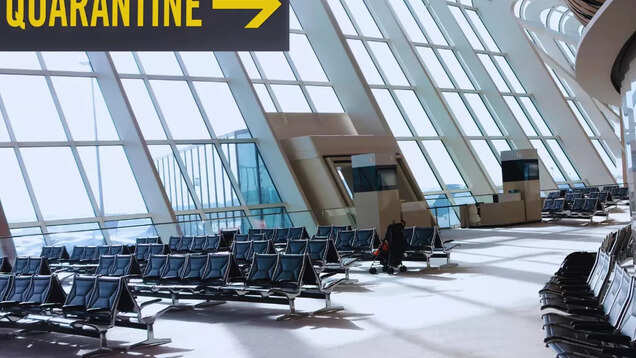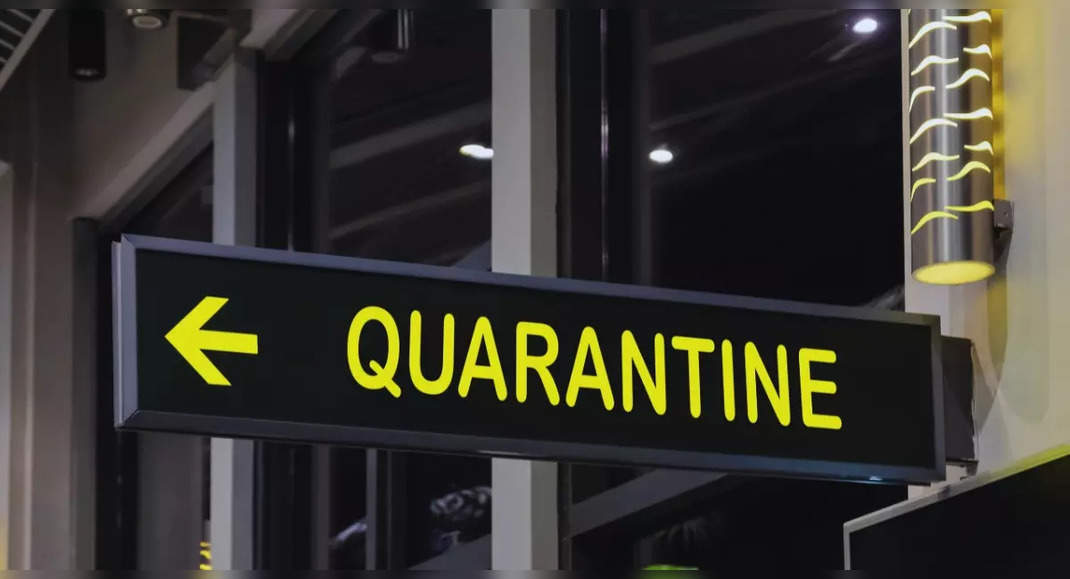In a bid to contain the Mpox outbreak in the country, Bengaluru is the latest to bring a set of rules and regulations in the field of travel. As per latest reports, the World Health Organisation (WHO) has announced Mpox to be a health emergency. As per the airport authorities, Bengaluru’ s Kempegowda International Airport has started screening all international passengers arriving from African countries for the Mpox virus.
If any passengers are found positive, they would have to undergo a mandatory 21-day quarantine and isolation period. Something akin to the rules and regulations that were implemented during the COVID-19 pandemic.
As per the airport authorities, Kempegowda International Airport is fully prepared with all health and safety protocols to control the spread of the Mpox virus.India’s first Mpox case was reported from New Delhi.
After the detention of India’s first Mpox case, Bengaluru’s Kempegowda International Airport is on high alert, and screening tests for international passengers are underway. As of now, at least 2000 passengers are being tested daily. There are testing and screening facilities as well as isolation beds at Victoria Hospital. The tests are conducted free of charge.
If reports are to go by, there was a sudden increase in the number of Mpox cases recorded in several parts of Africa. Due to this, on August 14, the World Health Organisation declared the Mpox outbreak a public health emergency.
Also read: Uttarakhand on high alert: Landslides at prime routes leading to Badrinath

Countries to avoid travelling to during this Mpox outbreak:
As per reports, the monkeypox or the Mpox virus has been reported from Burundi, Cameroon, the Central African Republic, the Democratic Republic of the Congo, Ghana, Ivory Coast, Kenya, Liberia, Mozambique, Nigeria, Pakistan, the Philippines, the Republic of the Congo, Rwanda, South Africa, Sweden, Thailand, Uganda, and very recently, India.
Clade 1b strain is the new strain that has been detected in countries neighbouring the Democratic Republic of Congo – Burundi, Kenya, Rwanda and Uganda. This strain was never reported from any of the countries before the outbreak in 2022.
Also read: Why it’s dangerous to travel to these 8 tourist destinations now
If reports are to go by, if cases are quickly diagnosed and treated, followed by strict surveillance and proper contact tracing is done, the spread of the virus can be controlled. This reminds us of the safety protocols we all followed during the COVID-19 pandemic.


